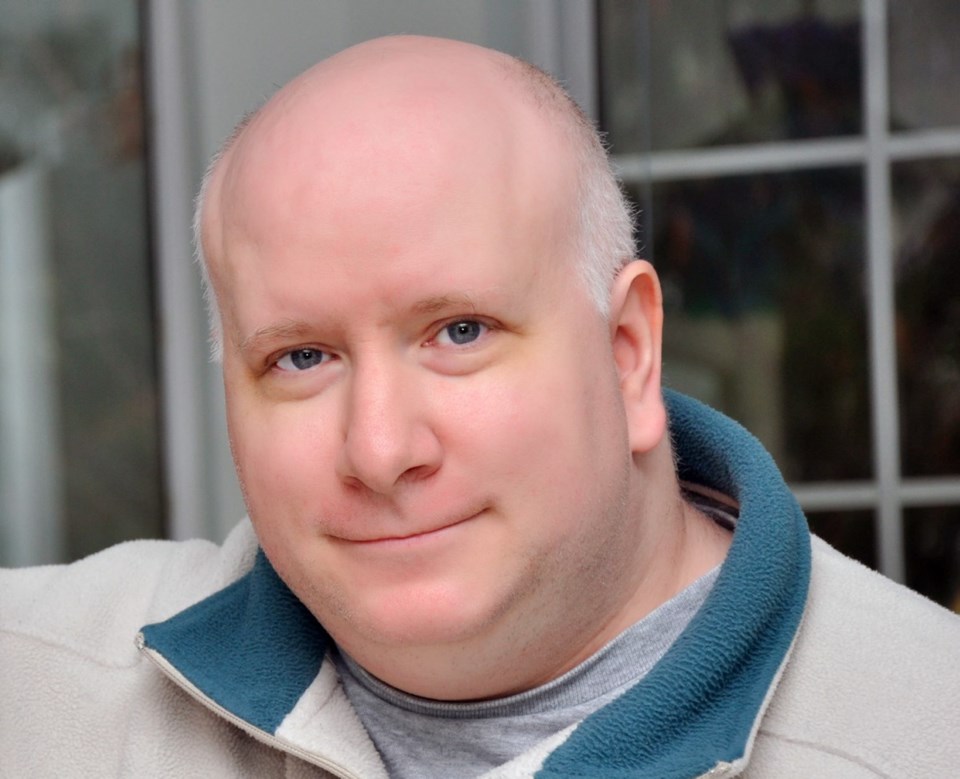VICTORIA — B.C. politicians are well into their re-election campaigns, but there’s one last, unpleasant bit of business left to land in the legislature.
It should be deposited into Speaker Linda Reid’s inbox this week, courtesy of the provincial ombudsperson: A detailed, final report into the most disturbing human resources scandal in modern government history.
Eight health researchers were fired in 2012 after government publicly alleged mishandling sensitive health data and contracting irregularities. Every one of them, the province said, was under investigation by the RCMP.
It sounded cut and dried.
Then, one of those fired, Roderick MacIsaac, committed suicide. And when his family demanded answers, government began furiously back-pedalling on the entire matter.
Four years later, it’s all unravelled. The province has settled lawsuits by the fired researchers, rehired several, and apologized to MacIsaac’s family. The police probe, it turned out, never happened because government couldn’t scrape together even the most basic evidence of a crime.
Hundreds of thousands of dollars have been spent on settlements, legal fees and crisis management by the province, yet we’re still no closer to answers on simple questions: Who fired the researchers and why? How could it have been so badly mismanaged?
Enter Ombudsperson Jay Chalke. In 2015, he reluctantly dove into the murky waters of the case at the request of an all-party committee of MLAs. He’s spent 17 months wading through more than four million documents and interviewing key players (two of the fired researchers and the sister of MacIsaac refused to participate because they weren’t given documents in advance to review).
The timing of Chalke’s final report is unusual, coming just days before the official April 11 start of the election campaign. But he has made it clear he doesn’t really care about the sensitivity of the looming election.
The governing B.C. Liberals, however, do care about how voters interpret what is likely to be a scathing report. The government is getting ready and has a good idea of what’s coming, because the law required Chalke give warning to those who will be criticized.
Whether Chalke’s report will name names and assign blame, is uncertain.
If he doesn’t, we’ve already seen a version of what might play out. A previous independent review, by Victoria lawyer Marcia McNeil in 2014, concluded that the internal government investigation that justified the firings was grossly unfair, but she couldn’t pin the blame on any one person. That allowed the government to throw up its hands and say the whole thing was so badly botched by so many unnamed people it wasn’t possible to discipline anyone for the mistakes.
“We may not get all the answers we want, but hopefully this will provide an additional measure of justice to those harmed,” said NDP MLA Adrian Dix, whose dogged pursuit of the case has kept it alive in the news media for years.
Some of the players in the scandal have left, including the health minister at the time, Margaret MacDiarmid, deputy health minister Graham Whitmarsh, the premier’s deputy minister, John Dyble, and the head of the public service agency, Lynda Tarras.
But others are still around: The lead investigator of the internal probe, Wendy Taylor, and the then deputy minister in charge of government communications (now deputy finance minister), Athana Mentzelopoulos.
Premier Christy Clark has apologized several times for what she called the government’s “heavy-handed” overreaction, including to MacIsaac’s family. “I’m certain in my own heart that many people were not dealt with fairly,” she said in 2014.
Health Minister Terry Lake inherited the mess in 2013. It marked a low point of his time in office, as he reflected last week in one of his final interviews before his retirement.
“When you look at Mr. MacIsaac, his unfortunate death, we don’t know all of the things that were playing on his mind, of course, but I think it’s fair to say the stress of that situation contributed,” he said.
“That’s something we all wish had been different,” added Lake. “And yet I’ve not seen any malice involved in the part of anybody.”
The public hasn’t seen any evidence of malice yet either, but that’s mainly because it hasn’t seen much evidence of anything, let alone a plausible explanation for how eight people could have been treated so unfairly by the province.
After so many years, the Chalke report is likely the last chance for British Columbians to get answers, and for the family of Roderick MacIsaac to get even a semblance of justice.



